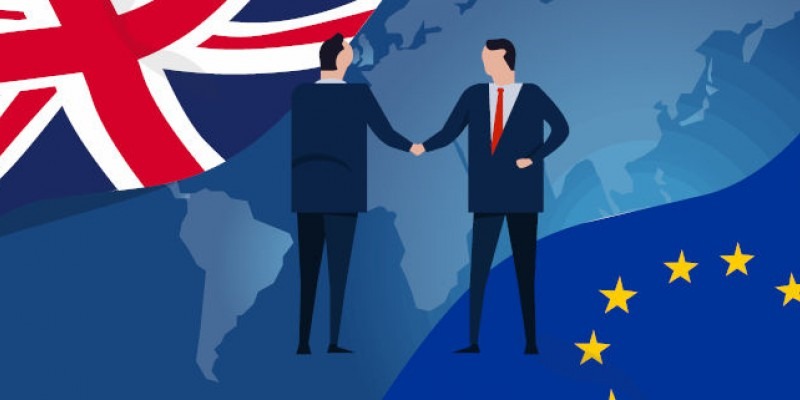
The Withdrawal Agreement that came into effect on 31 January provides for business-as-usual trading arrangements between the UK and the EU until the end of 2020. Businesses should not experience rule changes, require new licences, or face new trade frictions in this time. However, much could change thereafter and businesses will need information in a timely fashion, so they can make the necessary preparations.
In 2021, UK-EU market access arrangements will change and the details of what changes businesses can expect to see should emerge in the weeks and months ahead. At present, all businesses have is official guidance that relates to no-deal outcomes; some that relates to the transition period, but nothing concrete for 2021 and compliance changes that flow from a new UK-EU relationship that hasn’t been agreed yet. Firms need clarity of information and guidance with plenty of time for implementation, which is why we’ve compiled a list of key things businesses need to think about during the course of 2020.
Trade with third countries
Trade with third countries with whom the UK traded under EU agreements may be affected. The UK requires the consent of those countries to continue ‘business-as-usual’ trade. The UK and EU are both committed, via the Withdrawal Agreement, to working with those countries to ensure this. But businesses still do not have a complete picture about how these trade agreements will apply after Jan 31st. Firms need this information gap to be closed before Brexit.
Even if business-as-usual arrangements are agreed across the board – it is still possible that officials at third-country ports are unclear about the correct documentation for goods heading to and from the UK.
Tariffs and customs for imports and exports
Businesses want an agreement that minimises friction and new costs. Businesses will need training and support during 2020 for any changes being implemented. Businesses should also be proactive in staying up-to-date with how they should be preparing. They should use the short transition period to prepare themselves as best they can. This should not be left to last minute.
It is imperative that Ministers must also provide answers on what additional procedures – and therefore costs – businesses could face when trading between Great Britain and Northern Ireland, particularly in the unwelcome event that a new agreement with the EU cannot be reached before the end of 2020.
Port capacity and potential hold-ups
The potential imposition of customs checks by the UK and ‘new’ third countries following 31 December 2020 could result in delays for businesses importing and exporting goods, which would also affect other consignments coming through the same port.
Regulation
Our business communities have differing views, but are prepared to be pragmatic about coming changes to regulation. Uncertainty around the extent of divergence risks firms moving their production elsewhere.
The government must clearly communicate these changes in a timely way and provide substantial support to help firms adapt. Otherwise they will struggle to make the most of new opportunities as Britain sets its own trading polices.
To help you to trade through Brexit and beyond, Matt Griffith, Policy Director at Business West, and a team of experienced international trade experts, address some of the biggest issues most likely to affect your business. For more information visit: www.tradingthroughbrexit.co.uk
- Log in to post comments
